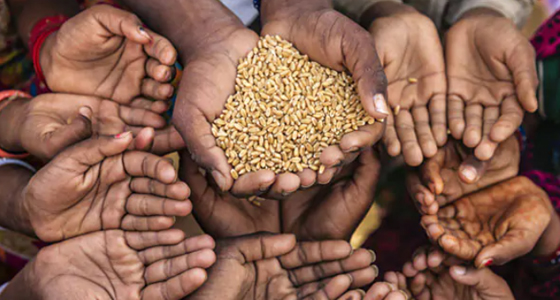According to the BBC and some websites, poverty does not have a universal meaning. Some sources say it is a low standard of living, especially socioeconomic, while the World Bank Organization states it has to do with an income below the required to meet basic needs. In short, people cannot afford to pay for their basic needs.
Health is closely related to income. When more than a billion people make $1 a day, how can they pay for education, save, and even pay for their children’s health? 1
It is a controversial issue, as many say that healthcare should be free or low-cost, accessible to all, but we also understand that it is handled by humans, who eat, work, study, and save for others.
Poverty also leads to other health risks because most work environments are precarious and unsafe, leading to occupational accidents and even death. 1
Low socioeconomic status also has less educational access, with less reliable health information such as understanding that water should be boiled and filtered before drinking, using condoms during the sexual encounter, or avoiding drugs or harmful substances during pregnancy. 1
WHO and international organizations have been working to reduce global poverty and make health more accessible, even in the most remote places. Unfortunately, it is a battle still being fought.
Health is an inescapable human right, but to make it accessible, each government needs to consider monetary support and effective administrative actions.




